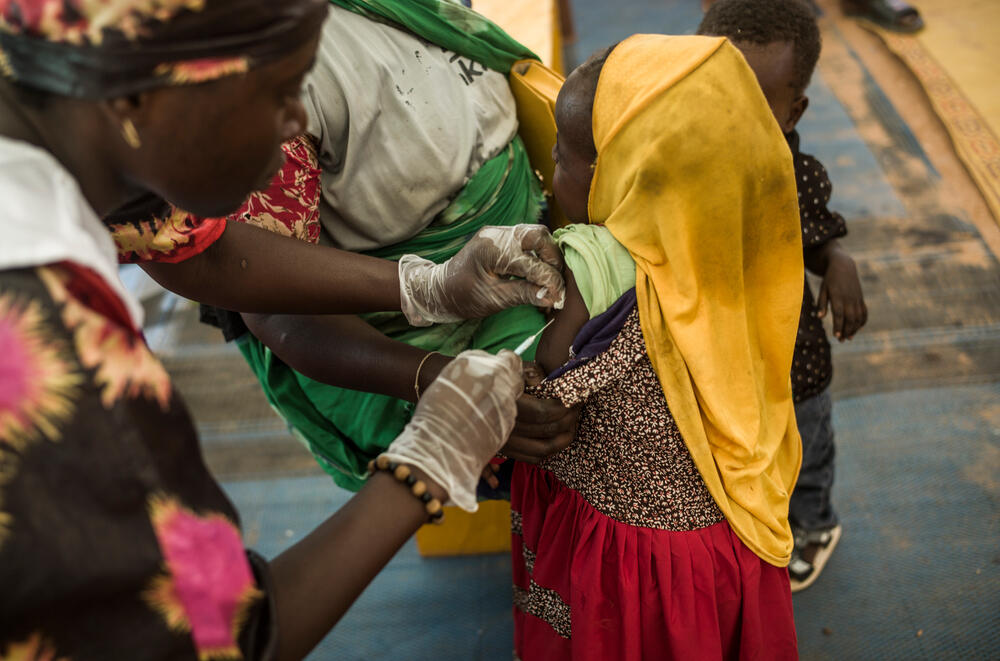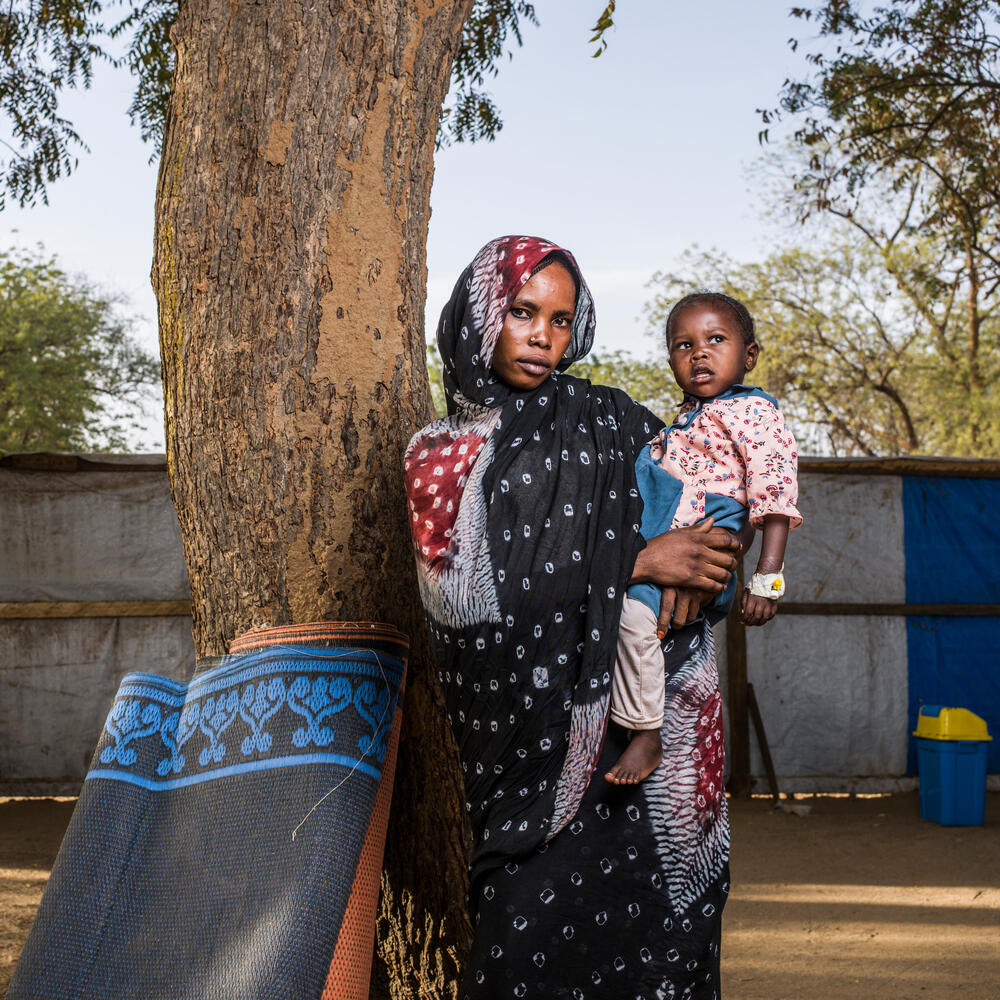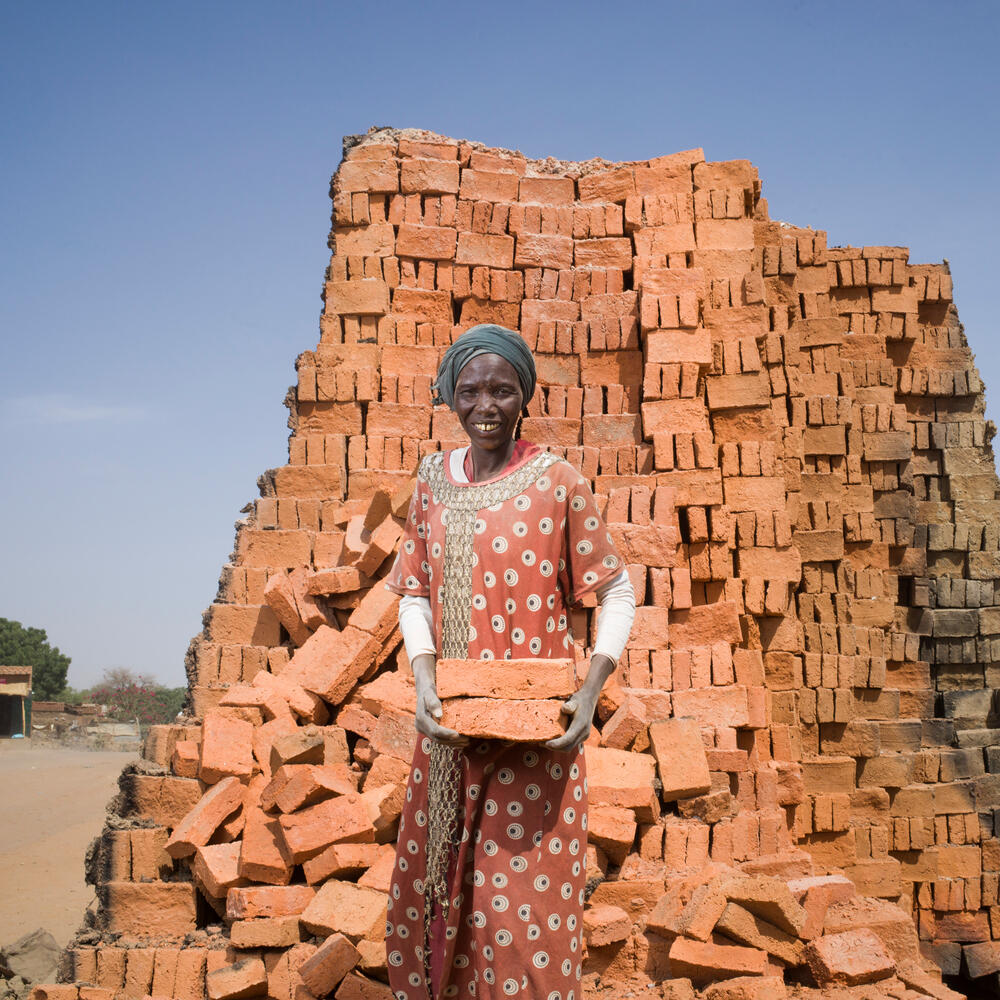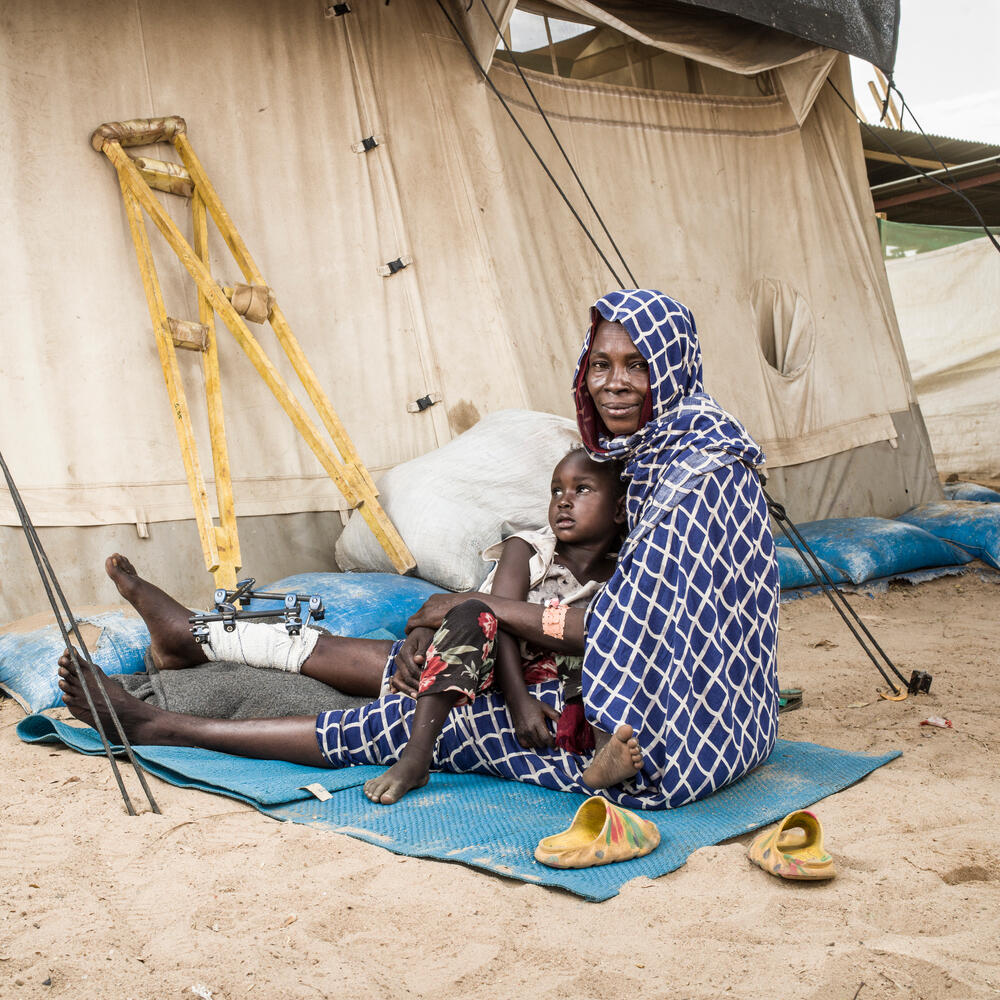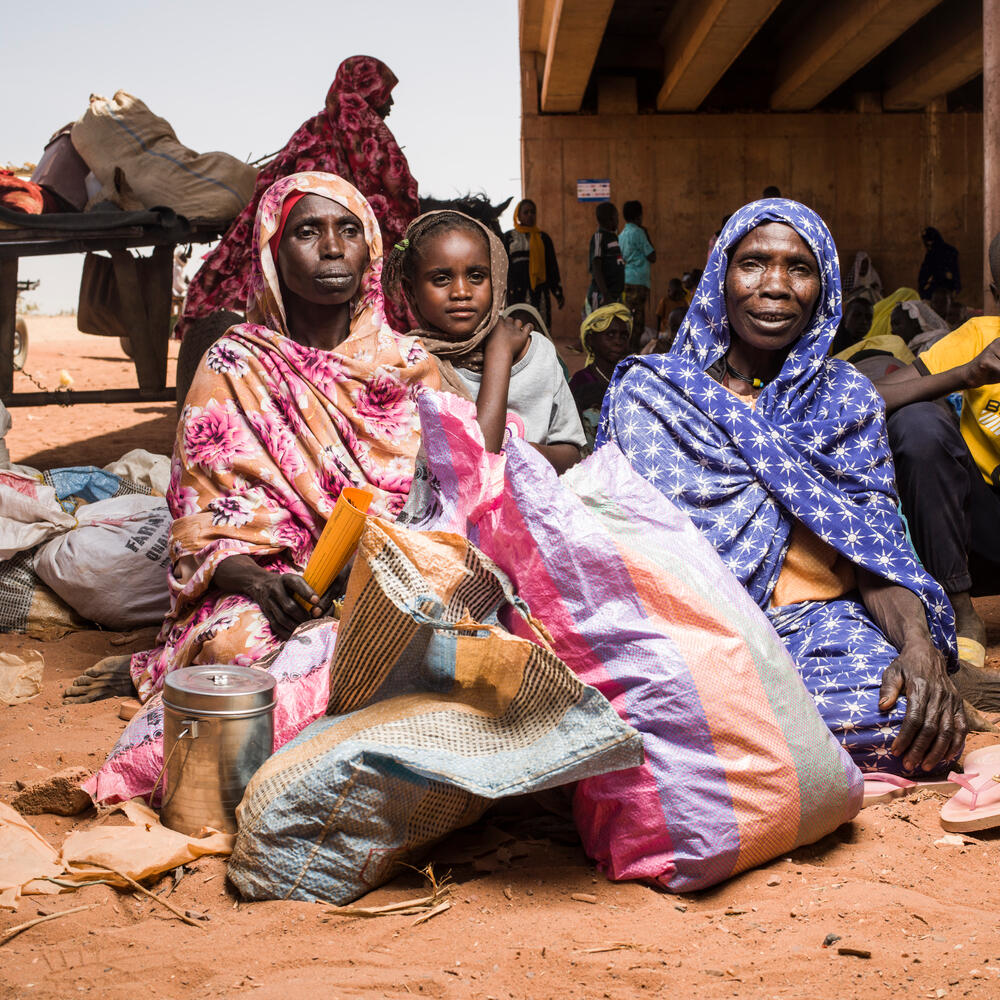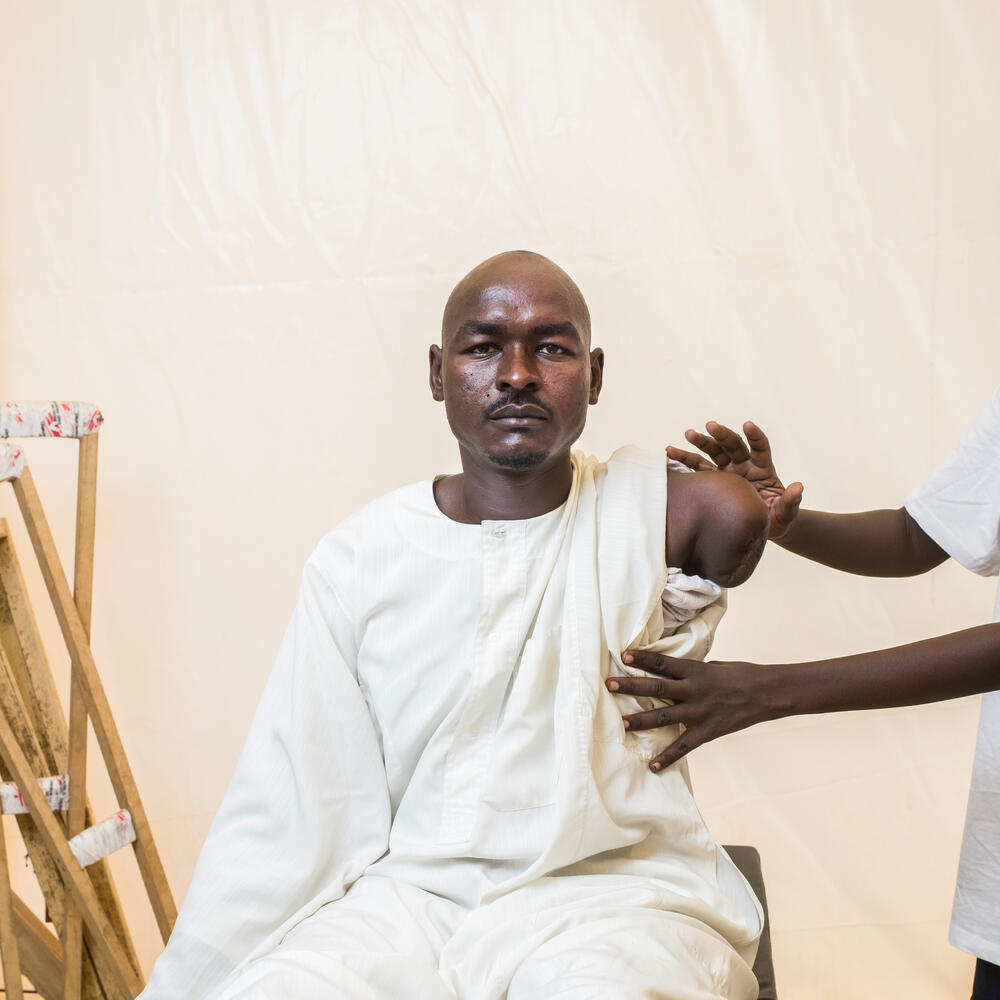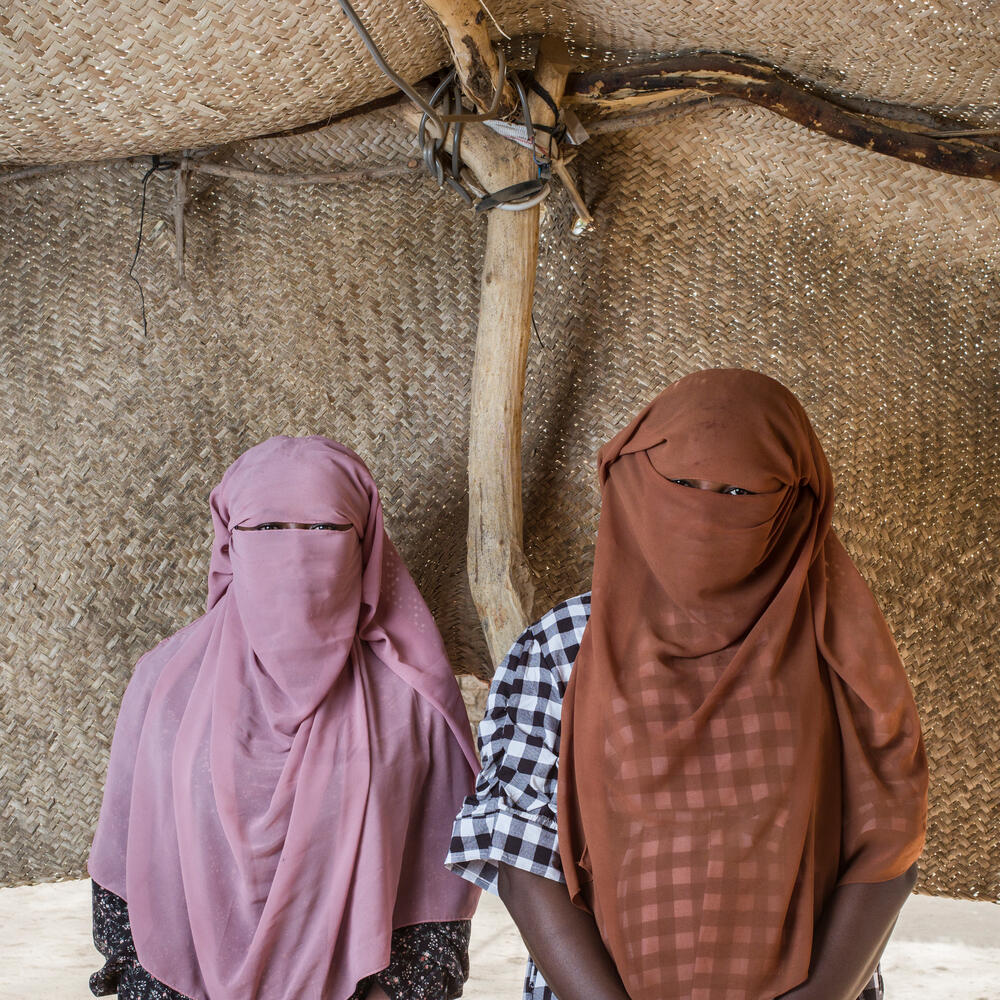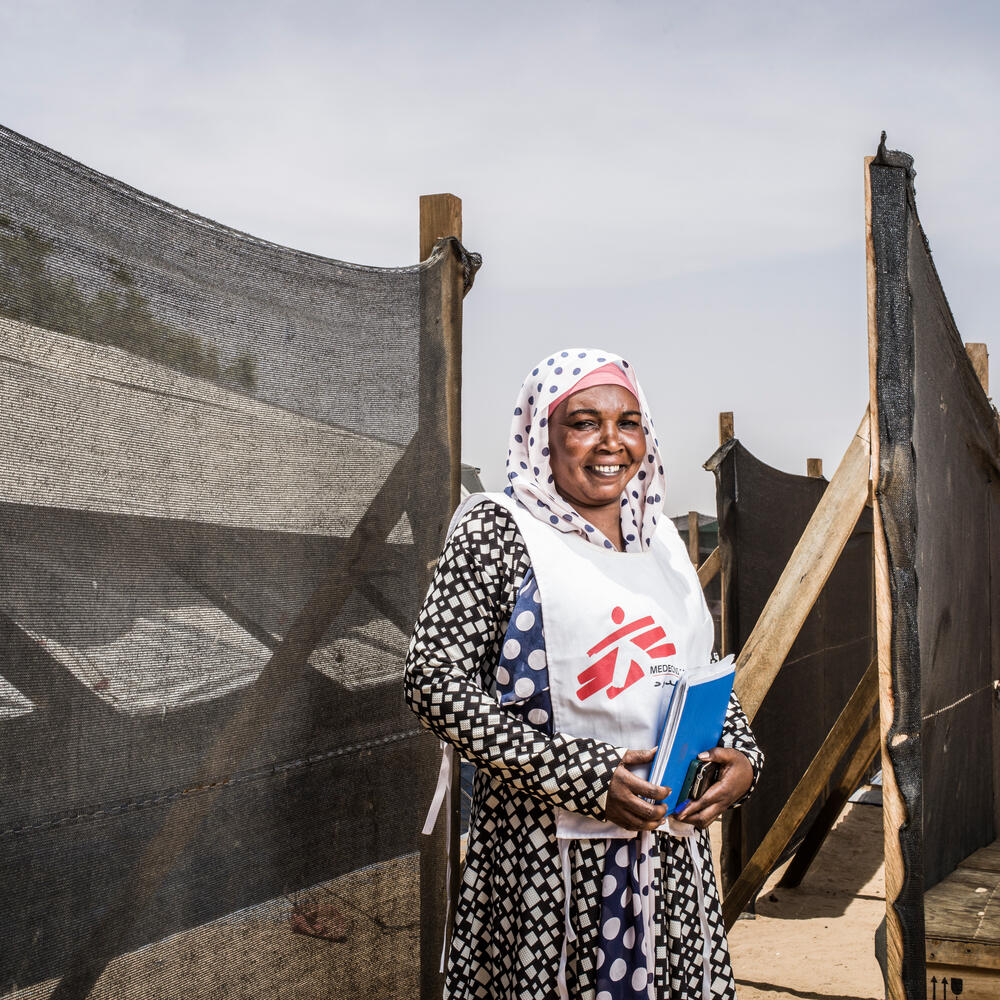In pictures: Survivors of the Sudan crisis
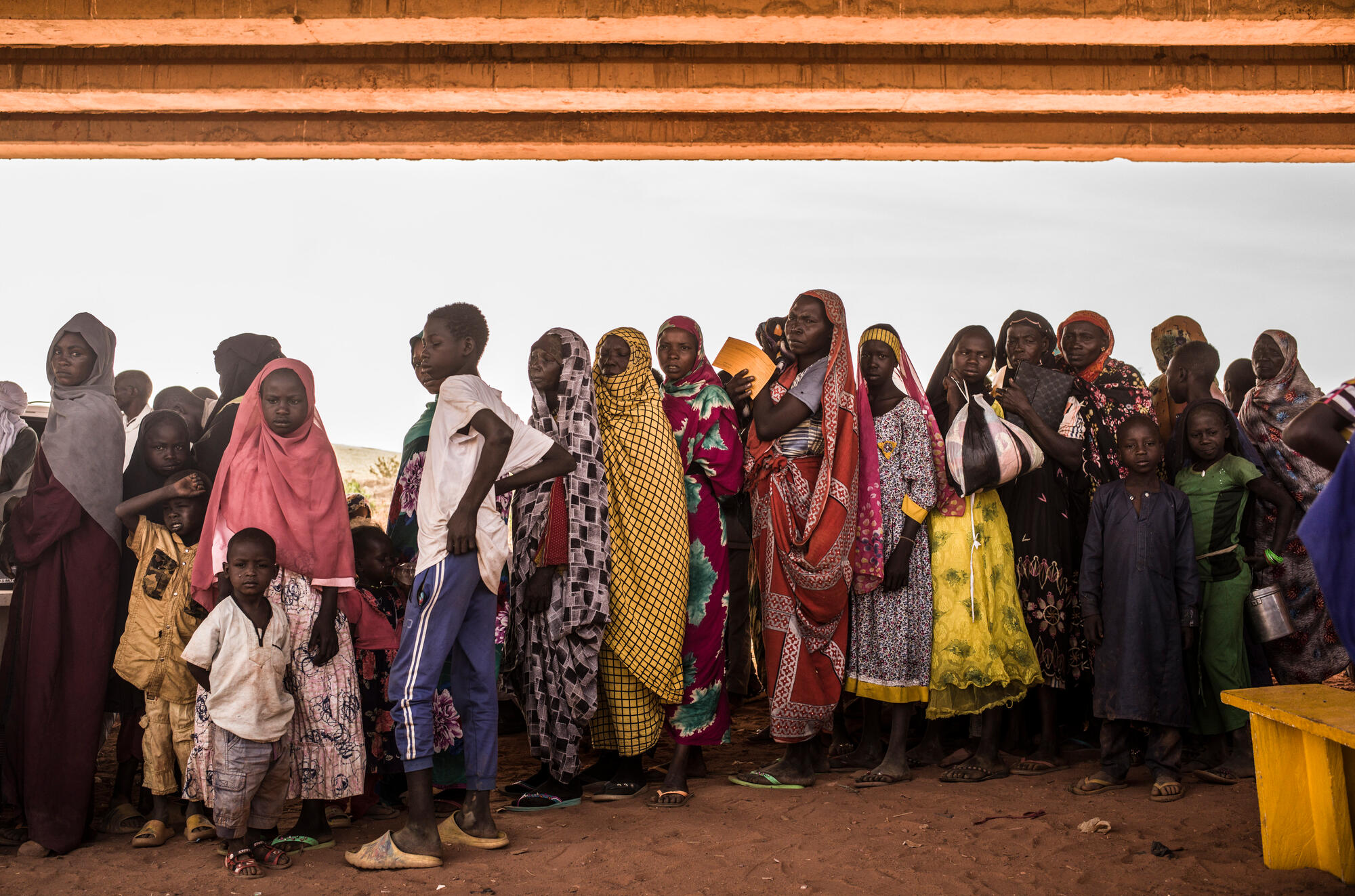
Twenty years ago in Sudan, an exodus and ethnic cleansing took place during the War in Darfur. Now, the current conflict in Sudan’s West Darfur state has led to more violence against Masalit communities in El Geneina, the capital city.
Alongside Médecins Sans Frontières / Doctors Without Borders (MSF) teams, photographer Corentin Fohlen provides a glimpse into the lives of survivors who have fled to east Chad.
In Chad, one child in every five does not reach their fifth birthday. The massive arrival of new Sudanese refugees in this fragile territory has only increased the pressure on local resources and livelihoods.
In this healthcare checkpoint at the Adré border crossing point between Chad and Sudan MSF vaccinates children, screens for malnutrition and organises medical referrals for sick and injured people.
Over 2 million people in Chad are living with severe food insecurity. Umsamaha Yacoub is a Chadian woman whose son is an inpatient in Adré Hospital’s intensive therapeutic feeding unit.
“In recent months we have taken as many as ten refugee families into our home. We share our food with them while they wait to be re-located to camps where they can access food distributions”
Umsamaha Yacoub
"When I arrived in Adré, I couldn’t find work and the food distributions weren’t enough to feed us. I used to live in Ardamatta in Sudan and, when the war broke out, I came to Adré with my 10 and 12 year-old daughters.
"The RSF [paramilitary group] looted everything we had. I spend my days making these bricks."
Fatime Deffa Ibrahim
"I spend my days making these bricks"
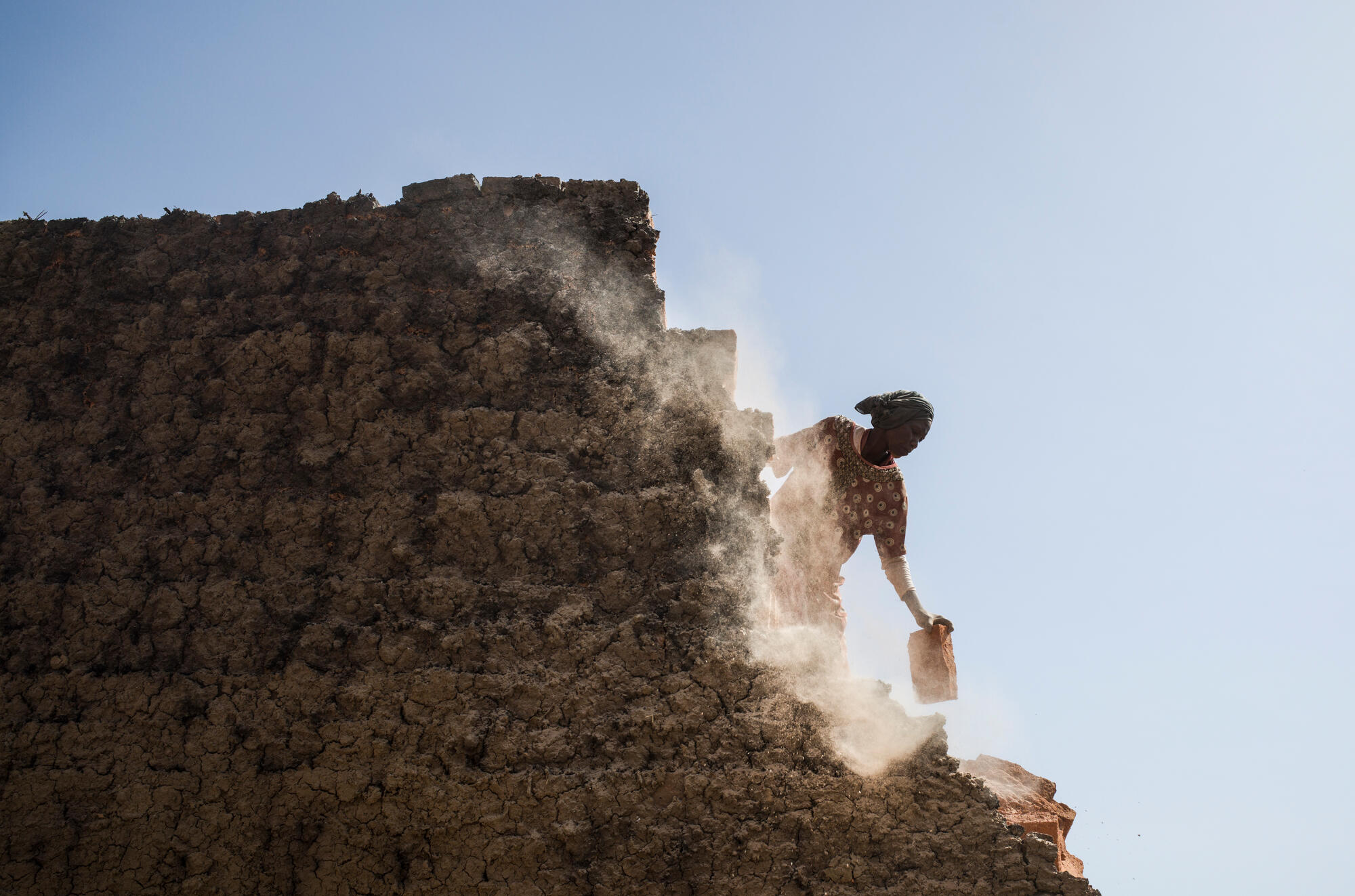
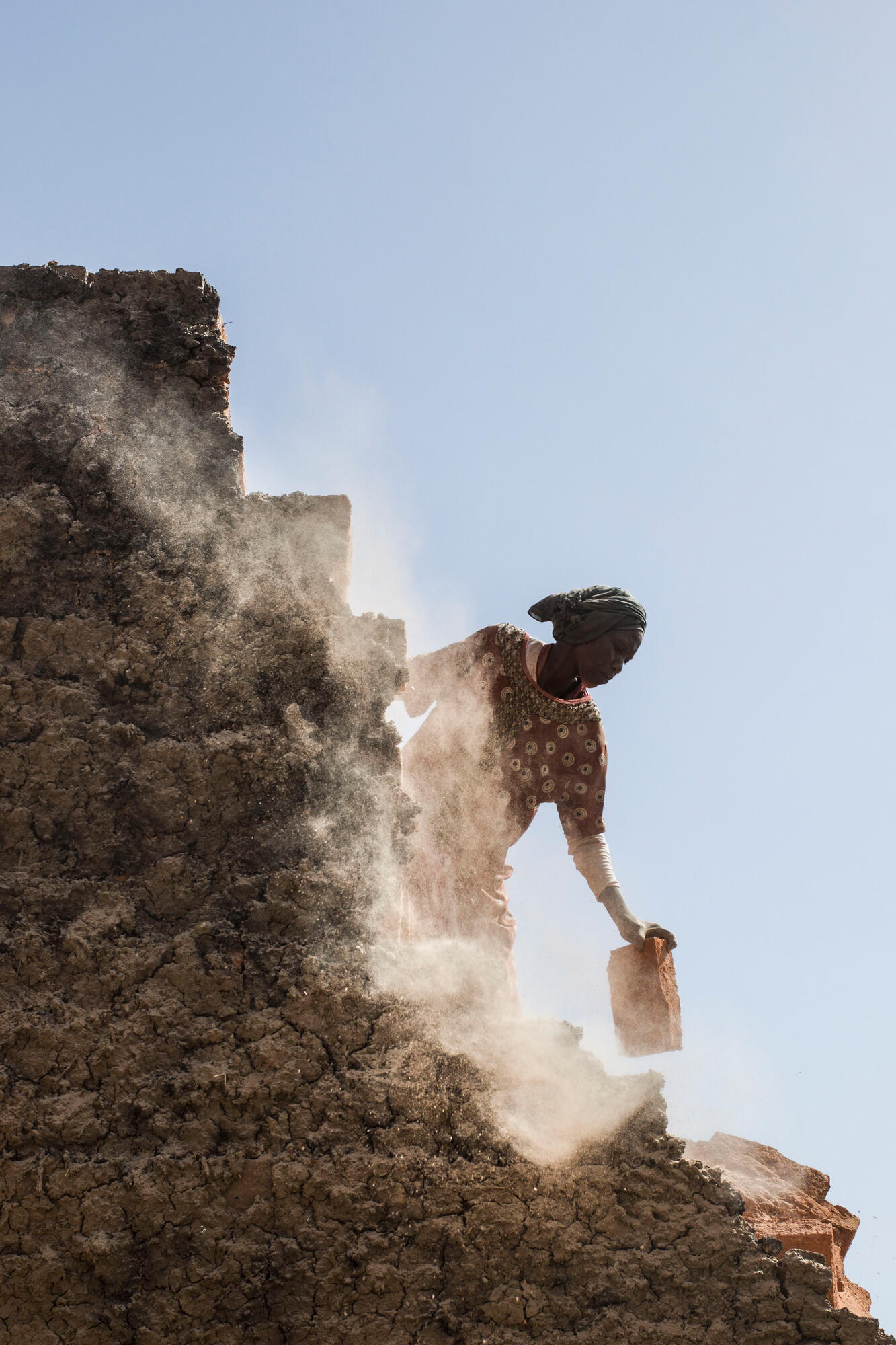
“We fled El Geneina in June. We took nothing with us. My husband disappeared, but I managed to find him. He’d been wounded and MSF was treating him in Chad. Four months later I decided to go back to Sudan to look for my sister’s son and I was told he’d been murdered. That was when I was wounded.
“My car was hit and I was taken by cart to the MSF hospital in Adré. I’ve had nine rounds of surgery. Five days ago I came back to the hospital for physiotherapy sessions to help me walk and have my dressings changed.”
Iqbal Youssouf
Since June 2023, MSF and Ministry of Health teams have performed surgery on over 2,000 war-wounded patients in Adré
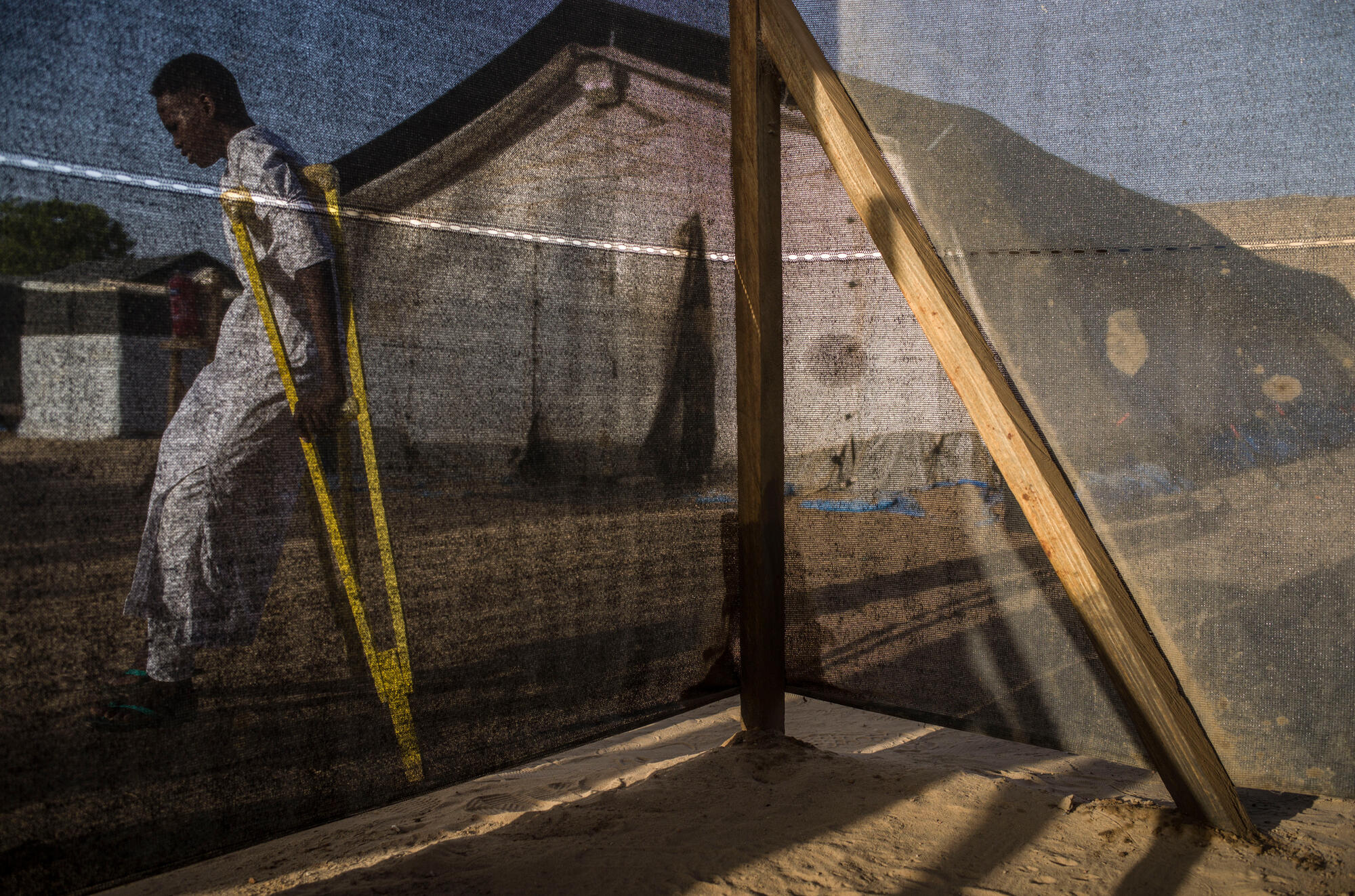
“I arrived here today from Ardamatta with my mother and daughter. Life has been tough. We kept telling each other to be patient, but we couldn’t stay any longer. The Arab militia took our donkey and we’ve lost everything – our animals and our crops. There’s nothing left to eat, so we came here. Also, as the pain in my arm keeps me awake, I’ve come to see a doctor.”
Gomasha Zakria Yahya
"I lost my arm because I couldn't get medical attention in time. We had to hide, walking in very difficult conditions, to hope to reach the Chadian border. Amputation was necessary, and I spent three months in hospital. Today we depend on food distributions."
Adam Mohamat Khamis
600,000 people already fled Sudan to seek refuge in Chad since April 2023. There are new arrivals on a daily basis
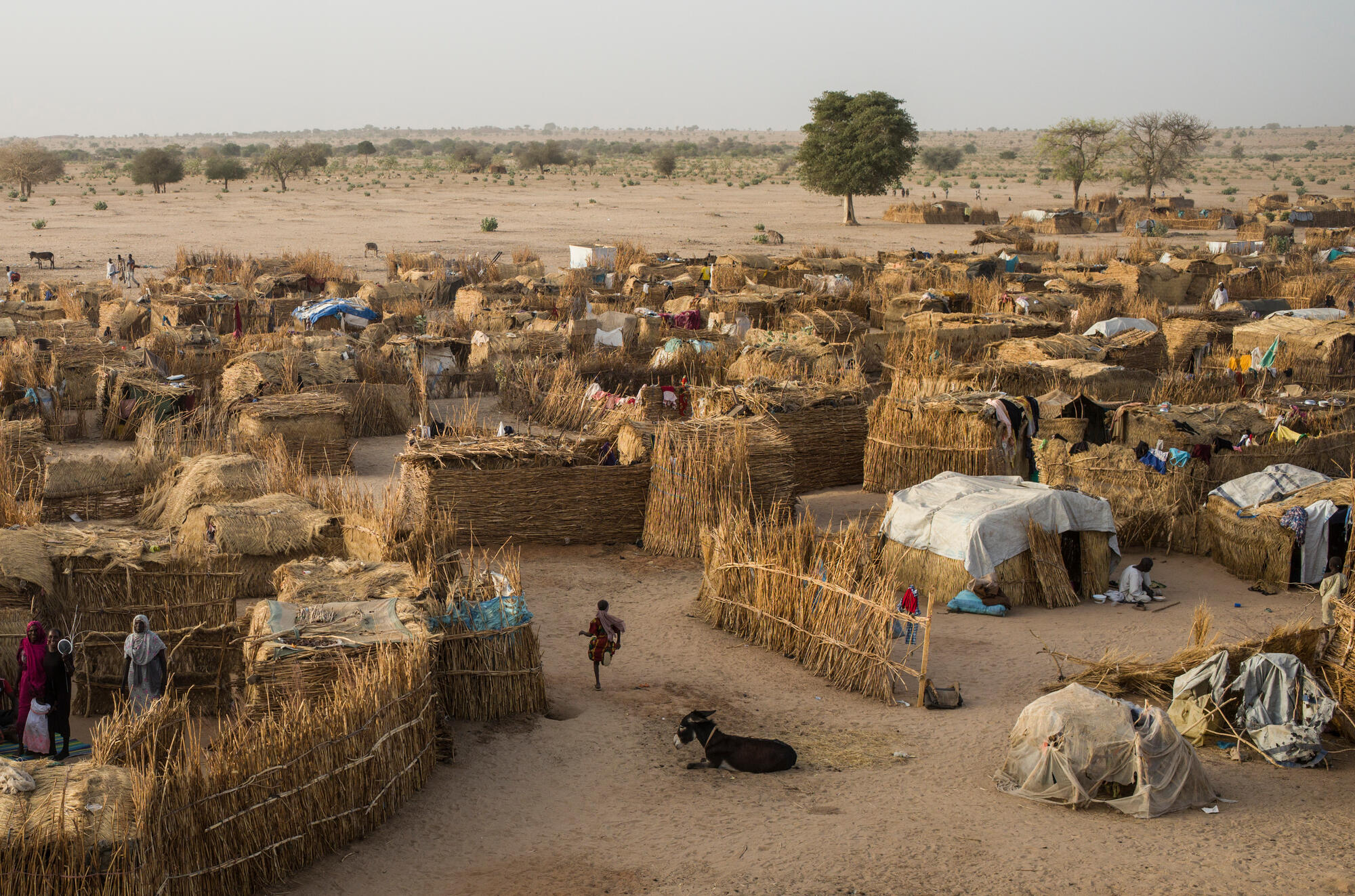
Sexual violence is seemingly common in the war and is spilling over into Chad. MSF provides survivors with medical care and mental health support, but due to lack of information or fear of stigma, many go untreated.
In Sudan, the ROOTS Association managed a social centre, raised awareness of sexual and gender-based violence, and gave advice to survivors about medical treatment and the legal system. They continue their work of raising awareness, documenting abuses and supporting survivors in Chad.
“We see many rape survivors with suicidal thoughts. Isolated, they tell us they’d be better off dead because they’re uprooted from their country, feel rejected and don’t dare report the violence they’ve been subjected to.”
An activist from ROOTS
"I work with patients who were traumatized during the war in Sudan. If they're admitted to hospital, doctors can refer people in shock to us, or we ourselves spot people who might need psychological help, who have experienced violence. There are some cases that we, as counsellors, can't deal with, so we refer them to psychologists or psychiatrists."
Fatime Djeffal, mental health counsellor in Adré
The more than 100,000 refugees in transit in Adré do what they can to survive in makeshift shelters or under plastic sheeting
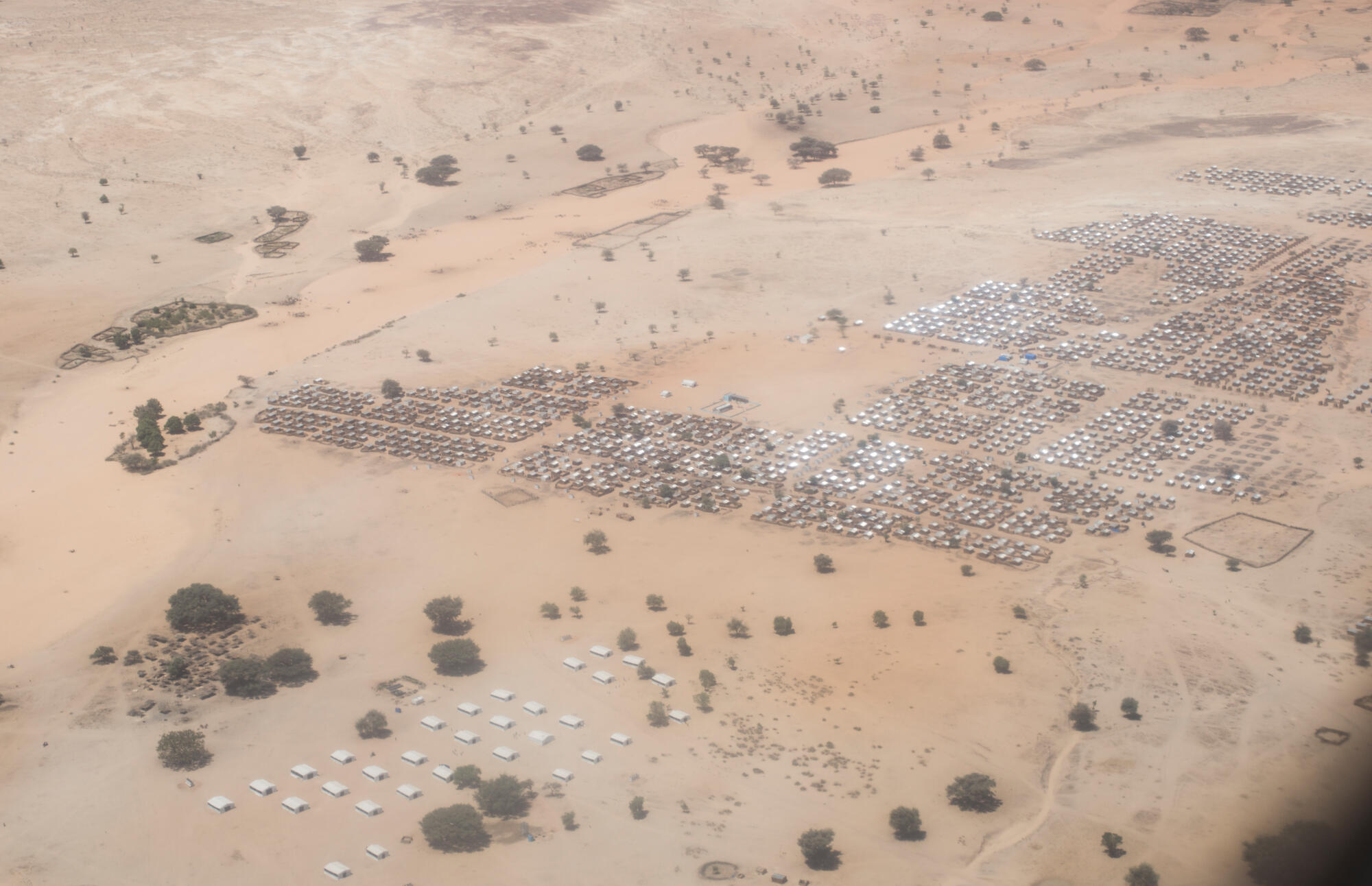
MSF and the crisis in Sudan
On Saturday 15 April 2023, intense fighting broke out across Sudan, forcing hundreds of thousands of people over the border to South Sudan. More than a year later, life for refugees and host communities remains dire.
People in transit camps have limited food, water, shelter, sanitation facilities, and medical care; malnutrition is rife.
Médecins Sans Frontières / Doctors Without Borders (MSF) supports the local medical teams to provide a high level of care and medical supplies that is crucial for assisting a population that is in dire need of humanitarian assistance.
